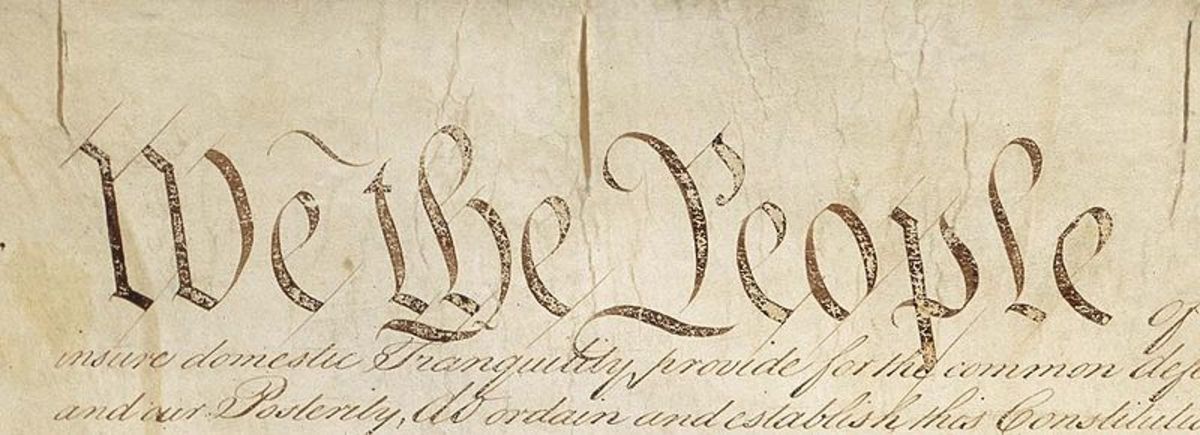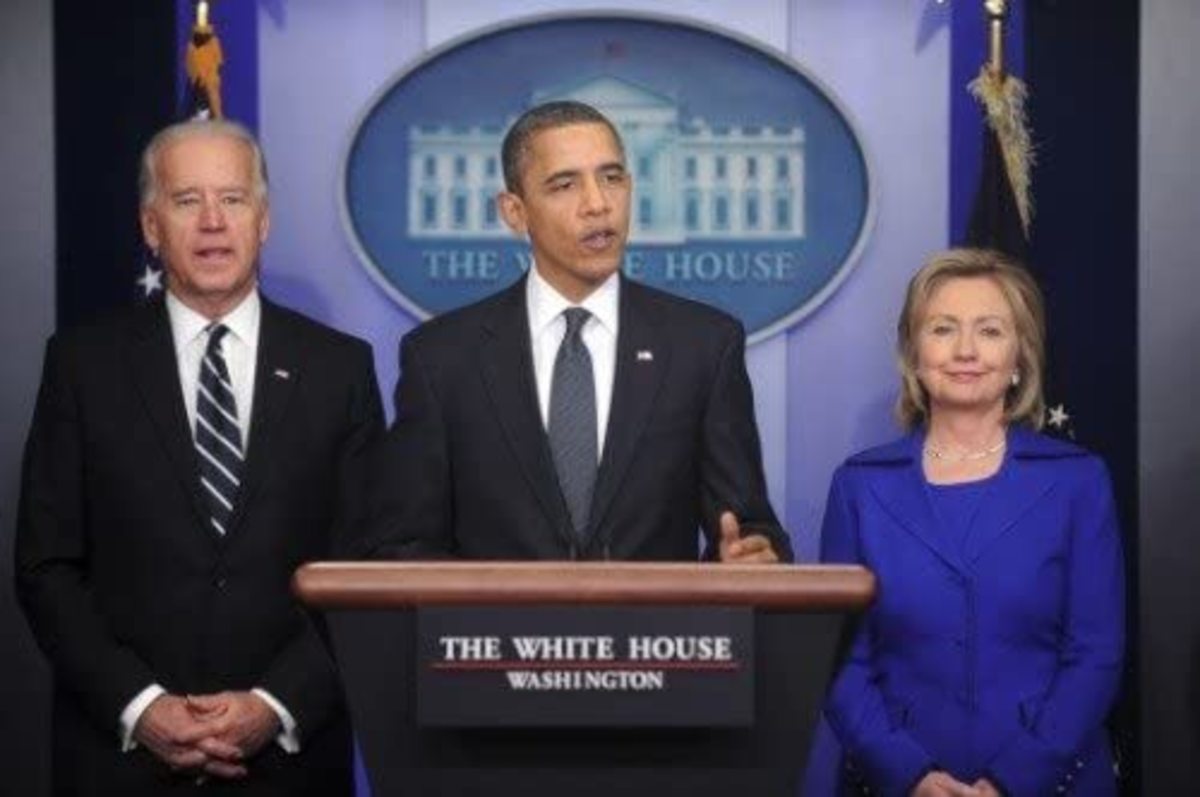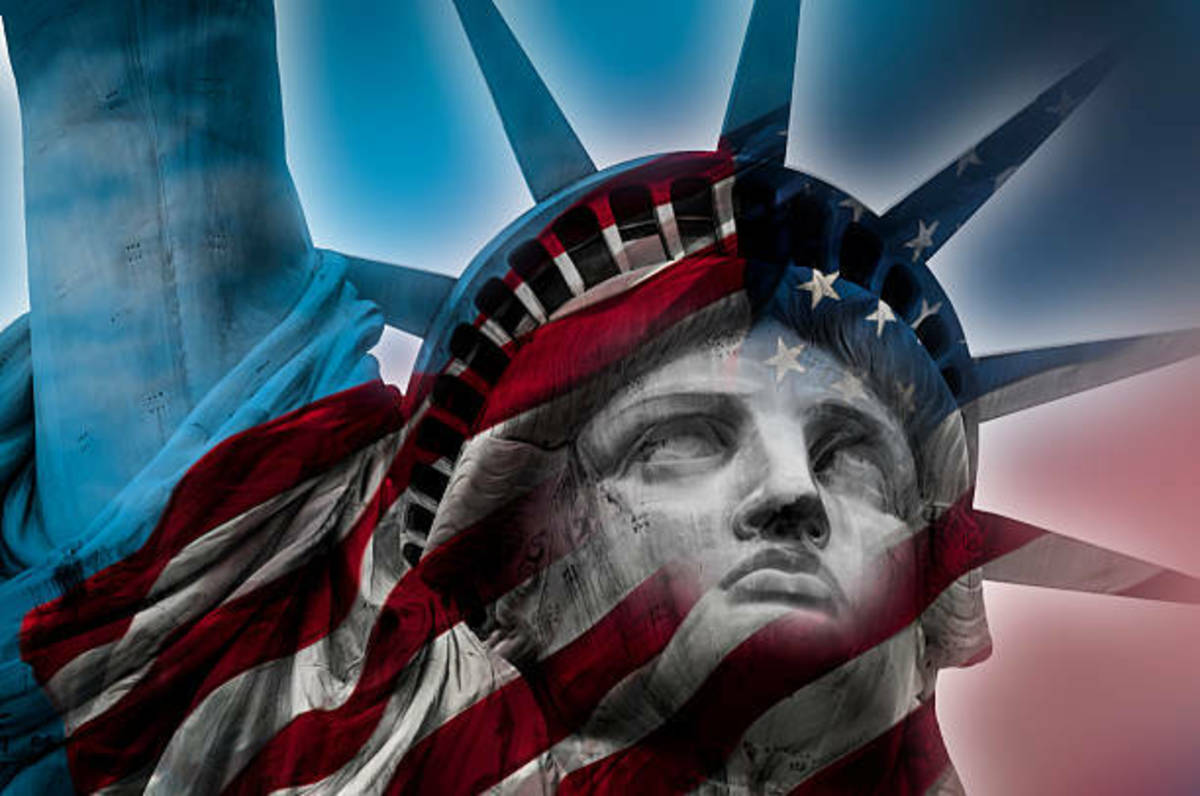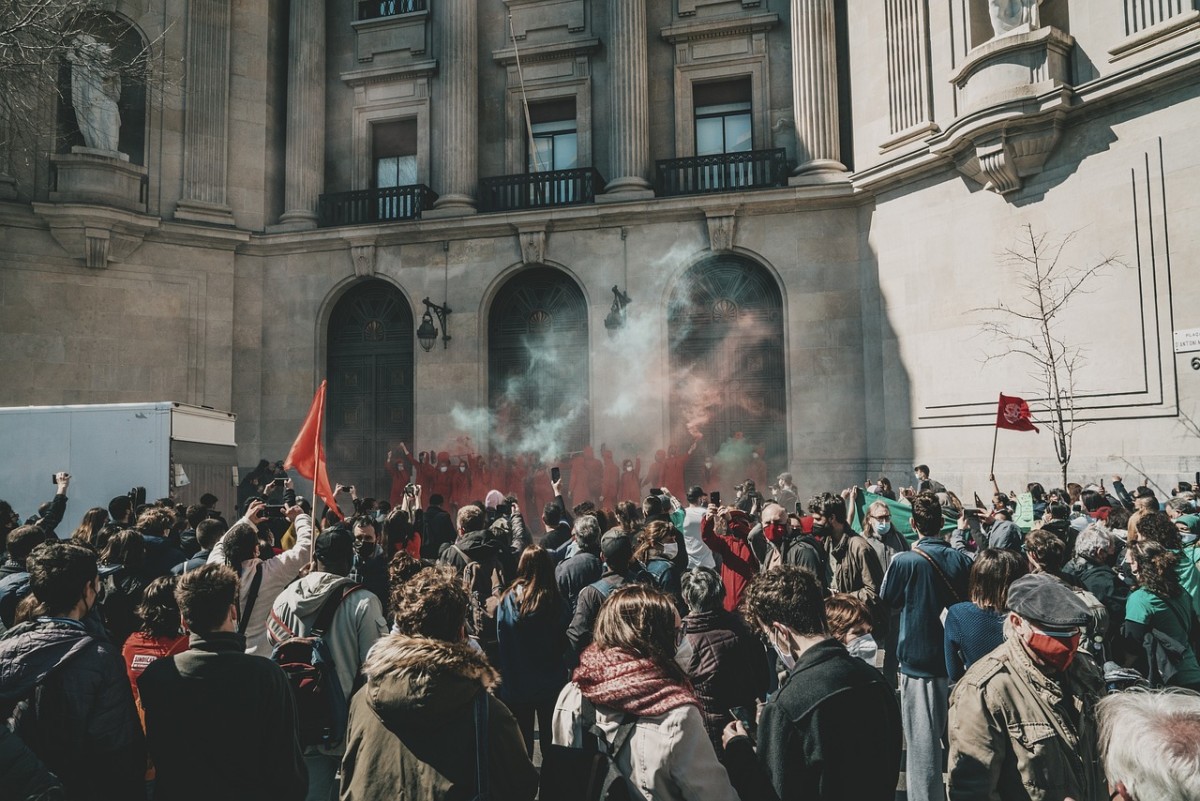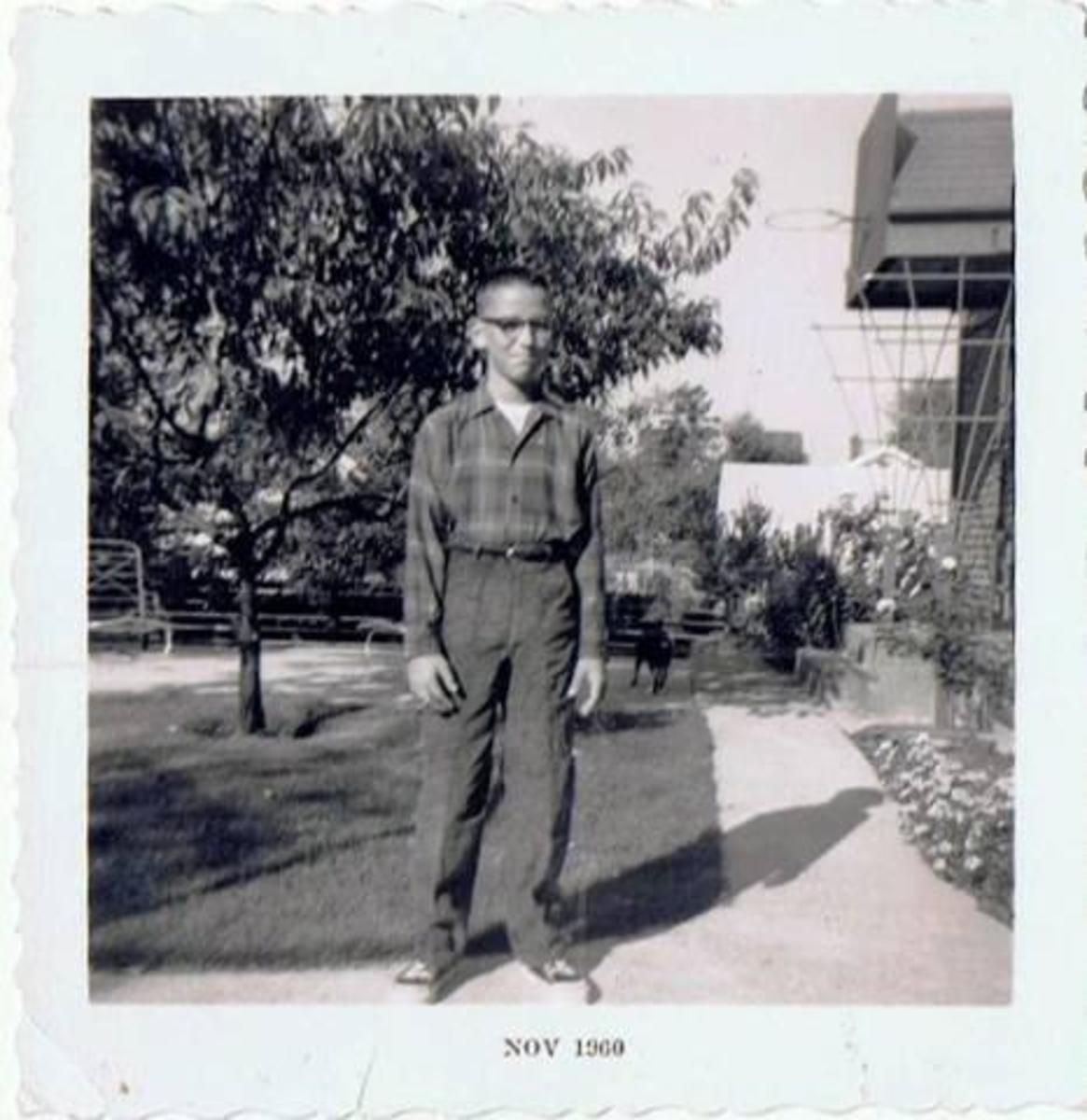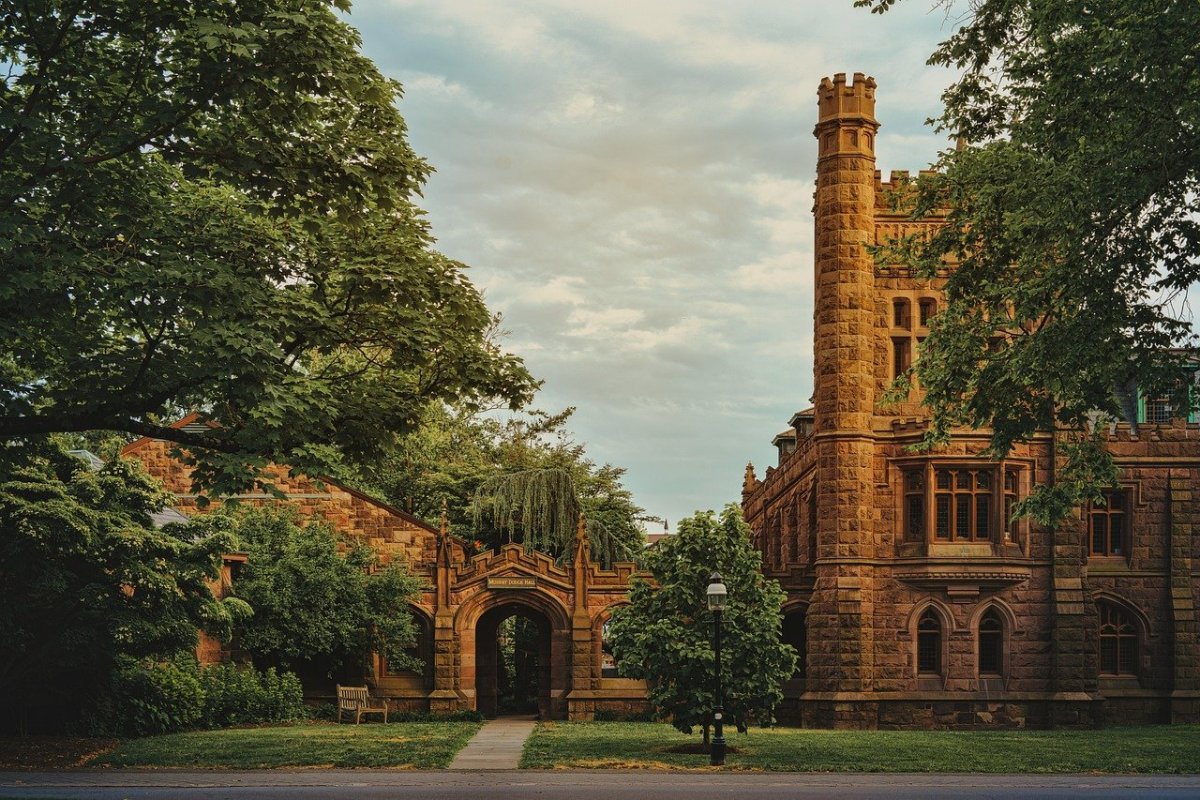Insisting upon democracy
We the People Democracy
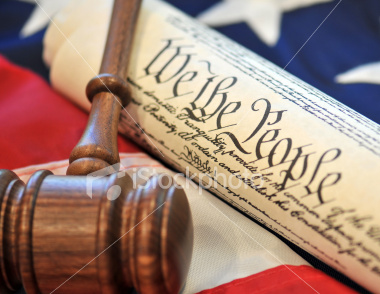
A double standard
In order to have true democracy, you need to have an informed people with the rights of free speech and the freedom of thought that is uncensored. One of the most notable advocates and believers of the link between freedom of speech and democracy was Alexander Meiklejohn. He argued that the concept of democracy is that of the self government and determination by the people and for the people. For such a system to work, an informed electorate is necessary in order to select responsible representative to act on their collective behalf and benefit. In order to be appropriately knowledgeable, there must be no constraints on the free flow of information and ideas between people, which excludes censorship of information. It also means that people must be appropriately educated. According to Meiklejohn, democracy will not be true to its essential and central ideal if those in power are able to manipulate the people of the electorate by withholding information and stifling criticism by censoring it. Meiklejohn acknowledges that the desire to manipulate opinion can stem from the motive of seeking to benefit society, but choosing to manipulate the opinion of the electorate negates in its process, the democratic ideal. All too often, manipulation can and does lead to negative results. The thinker, Eric Barendt has called the defense of free speech on the grounds of real democracy "Probably the most attractive and certainly the most fashionable free speech theory in modern Western democracies" (1). It is this concept that has influenced ideas of centralized democratic ideas in Lenin's communist thinking.
The projection of imperialist power in the world is mediated by the expression of bringing democracy to an oppressed people. In reality, the projection of power is more about strategic location and resources than it is about the institutionalizing of democracy. Only certain ideas are allowed and this in itself is undemocratic. News going into and out of the region is filtered and this manipulation is another violation of democratic ideals. Yet we are good at "insisting on democratic norms" when we barnstorm into another autonomous nation or region because we want to topple a dictatorship. What is worse is that at home, the very people who shout the loudest about democracy are busy dismantling the US Constitution, the Bill of Rights and the Charter of Freedoms through the means of the Patriot Act and the Homeland Security Act. Under these we now have the end of Habeas Corpus (Oct. 2006), arrest without charge and indefinite detention without reason or recourse to legal council. This is not democracy in the wildest of speculative thinking, but fascism pure and simple. So when we insist that others are to be converted and made democratic under threat of "intensive interrogation techniques" (read torture) and are undemocratic at home, we betray and display a severe double standard for the whole world to witness. We are nothing but hypocrites. What is worse, we become the very thing we say we are against.
Democracy is all about freedom of choice and expression, yet what is typical is censorship justified by all kinds of excuses. This is a historical and contemporary problem in the US, Canada and Britain. We often don't have freedom of information, even under the Freedom of Information Act. What we often obtain is documentation that we request that is redacted and does not allow us a full view of what the documentation alleges to reveal. In some cases, the redaction is so intrusive, that it compares to the blank pages in newspapers of the worst of undemocratic regimes and tin pot dictatorships. Yet we are supposed to believe that we live in a democracy. We insist that others are to be democratic and march over there to drum it into them with a militarist pounding. One wonders what is really unfolding.
Democracy was partial and fractional in the history of the development of the US. The First Nations were betrayed over and over in non-democratic actions and a new law, the Indian Clearing Act was even drafted in 1830 to justify genocide. The black population, brought over and even purchased by the forefathers as slaves, did not have the democratic rights afforded the forefathers and the white beneficiaries of the Constitution until well into the 20th century and many protested vehemently when they did get rights. In the American democracy, we can have trials on "un-American activates" as was during the early 1950's in the McCarthy Senate House hearings on un-American activities (2). Democracy was only partial; both women and blacks had to fight for the right to vote often at the cost of lives. Now as it turns out, it does not matter who you vote for, what you thought was going to be delivered is not after the election. More and more, both major parties look like one another. Popular issues are left unaddressed and excuses flow one after another.
Freedom of religion was "guaranteed" in the Charter of Rights, but there are three notable instances where such was denied. These three instances were the bombing of the Move headquarters in Philadelphia, the persecution of the Jim Jones religious group and the destruction of David Koresh and the Branch Dividians. All met violent ends. Their religious freedoms meant nothing when whole neighborhoods were fire bombed, or forced into a foreign land and committing mass suicide or burned alive with almost every man, woman and child destroyed, all because of an alleged threat to greater society. In the last case in particular, a few month cordon with loud music played into the compound day and night, bight lights and Tibetan chants was done before the compound was set alight. Analysis after the event shows firing into the compound with no provision to allow anyone to escape. These types of things are not the hallmark of a democratic society that allows for the freedom of speech, thought and religion. They are in fact, the hallmark of something else altogether that is undemocratic.
References:
1. Marlin, Randal (2002). Propaganda and the Ethics of Persuasion, Broadview Press. pp. 226. ISBN 1551113767 978-1551113760
2. Fried, Richard M. (1990). Nightmare in Red: The McCarthy Era in Perspective. Oxford University Press, pg 41. ISBN 0-19-504361-8.

